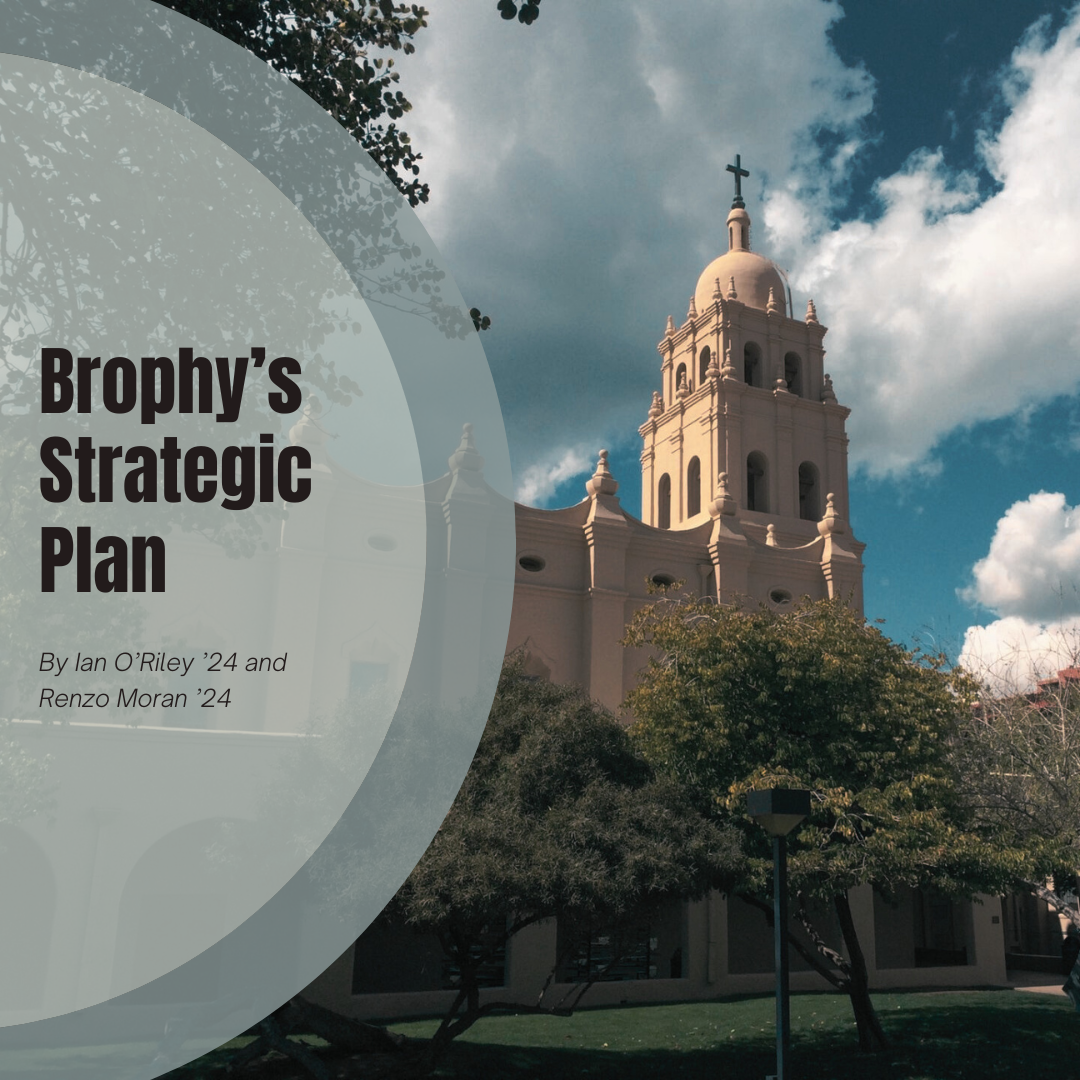By Aakash Jain ’14
THE ROUNDUP
The Patient Protection and Affordable Care Act, commonly referred to as “Obamacare,” has been a polarizing issue since its inception.
Vehement supporters and ardent detractors have debated the statute’s merits since early 2009, and now the Supreme Court has joined the discussion.
In particular, it is considering a provision of the bill popularly known to as the “individual mandate,” which requires that every U.S. citizen purchase health insurance or face a penalty.
By late June of this year, the Court’s nine justices will decide to either allow the “individual mandate” or will strike it down as unconstitutional. Its verdict has the potential to fundamentally change America, perhaps irreversibly.
The idea that government can use coercion to force people to purchase a product or service tyrannically encroaches upon citizens’ liberties. Instead of defending our freedoms, Congress has undermined them by radically redefining the rights that we were once told are “inalienable.”
More broadly, the recent health care reform as a whole ultimately attempts to encumber the health care industry with even more convoluted regulations and bureaucracy.
Before the bill, the health care industry was already declining due to too much federal intervention. Some companies were making record profits while providing second-rate service to consumers, all thanks to government involvement. “Obamacare” just expedites the problem.
When the economist Milton Friedman studied health care in the U.S. and published “Input and Output in Health Care” in 1992, he found that as the government became more and more involved in health care in the 20th century, expenditures of hospitals increased, while the quality of medical care actually decreased.
The economist Thomas DiLorenzo explained in a 2009 column, “This kind of result is generally true of all government bureaucracies because of the absence of any market feedback mechanism. Since there are no profits in an accounting sense, by definition, in government, there is no mechanism for rewarding good performance and penalizing bad performance … This is guaranteed to happen with health care socialism as well.”
Thus, not only is “Obamacare” ideologically unacceptable, but when examined through the lens of economics, we also see that it can result only in a less healthy economy.
The amalgamation of trade and government inevitably leads to an economic system in which businesses find success not from satisfying consumers, but from an altogether different set of criteria based on complying with regulations and pleasing politicians, resulting in tremendous inefficiency.
Private companies have incentives to produce a desirable product or service because, if they are unable to, they will go out of business.
In contrast, government-run industries have no such direct consequences because they are assured a relatively constant stream of revenue from taxes.
The arguments justifying government-mandated universal health care are almost always the same as those used to defend welfare, tariffs and countless other government policies. They often fail to take into account what Henry Hazlitt called the “unseen effects” in has famous book “Economics in One Lesson.”
For example, some proponents of the newest health care changes justify them by arguing that they allow uninsured citizens to acquire health insurance in situations where it may otherwise be impossible to do so.
However, this is a potentially shortsighted perspective.
When money is taken from someone forcibly, it really is a zero-sum game. There is no creation of wealth in theft.
Thus, for every dollar that the government pumps into the health care system, that is one less dollar in the pocket of some tax-paying citizen.
Just because the government reallocates wealth from one demographic to another does not make the economy any more efficient or prosperous. In fact, it makes it less efficient and less prosperous because consumers are no longer able to spend a portion of their money as they see fit.
Morally speaking, charity is a far more ethical way to help someone get health insurance, compared to coerced subsidization through taxes.
Furthermore, free markets benefit the uninsured by increasing competition among insurance companies, reducing inefficient federal spending and generally strengthening the economy.
Thus, deregulation of the health care industry is the proper treatment for our nation’s ailments.
This means eliminating special government benefits for insurance companies, letting consumers make their own decisions and allowing voluntary exchanges to take place without hindrance from the state.





























